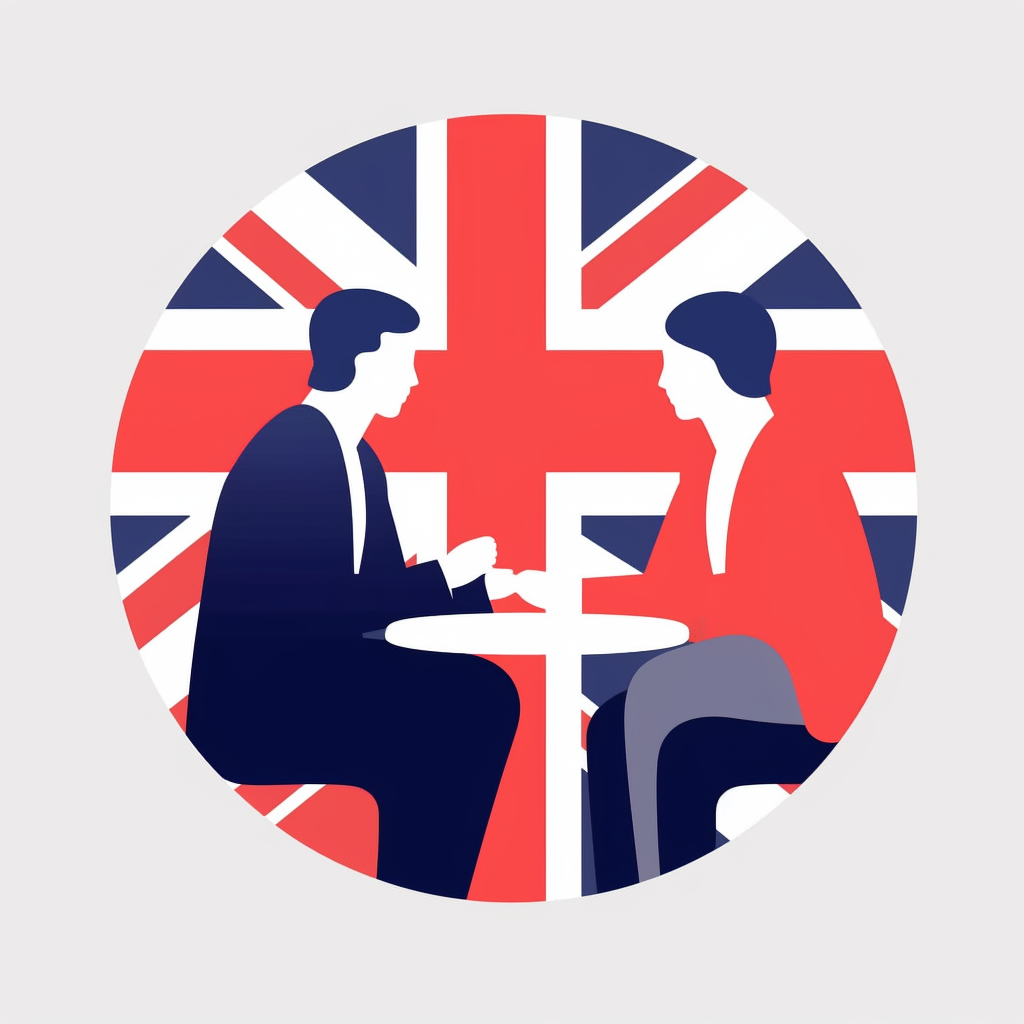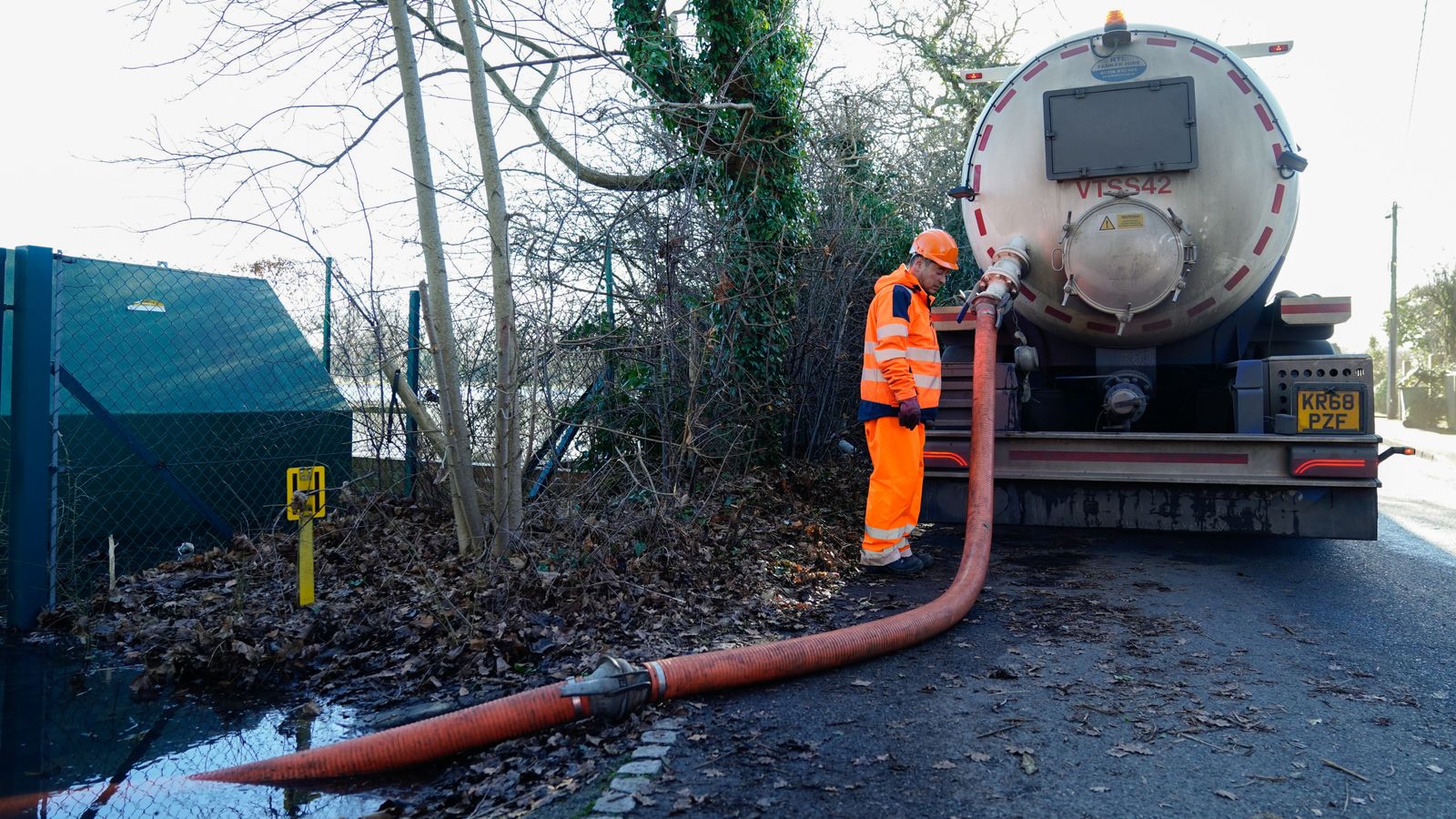- 33 Posts
- 25 Comments

 9·2 months ago
9·2 months agoThe article states that 70% of those occupying social housing have their rent payed for by housing benefit. The article also mentions that housing benefit comes from central government.
So the effect of this is a transfer of more money from central government to councils and housing associations. As well as an increase in the incomes of councils and HAs from those 30% that are well-off enough to no longer receive housing benefit but are still living in social housing.

 5·2 months ago
5·2 months agoI’d say this is less about reducing CO2 and more about making cities and towns nicer places to live and helping people live healthier lives.
I have no idea what the stats on this are, but I’d guess that the amount of emissions saved in people cycling more vs using a petrol car or electric car wouldn’t actually be much compared to measures that reduce emissions from goods transport.

 4·3 months ago
4·3 months agoTBH I thought the article was actually particularly good because it specifically pointed out that “immigration” isn’t one homogeneous thing.
We end up with these worst-of-all worlds outcomes because we talk about immigration as if it’s one thing when in reality it is many very different things, because we refuse to confront trade-offs — and because each side has its own conversational no-go areas.
I think that point of refusing to discuss tradeoffs is also particularly pertinent. Significant chunks of the electorate will happily vote for Reform but then moan about the lack of staffing in healthcare. Or conversely, others will happily quote the stats that on average migrants are a net benefit to the country, but then refuse to investigate this thought further and realise that this is an average and those benefits may not be spread evenly (perhaps some areas are even negatively affected).

 10·3 months ago
10·3 months agoWouldn’t this be pretty bang-on expected for less premium groceries where profit margins are much thinner?
For example, a food product retailing at £2 where £1.80 covers farming costs and operational costs, inflation of 10% will increase those costs to £1.98, to keep a 20p profit, the retailer would increase the price to £2.18 (9% increase). A more premium food product that retails for £3.50 where the farming costs are only slightly higher might have a £2 cost for the retailer with a much higher markup of £1.50. To keep that same profit after 10% cost inflation (to £2.20), the price would rise to £3.70 (5.7% increase).

 5·3 months ago
5·3 months agoBill Stickers is innocent!

 19·3 months ago
19·3 months agoMacquarie - famous for fucking over Thames Water by creating a deliberately complex company structure so they could load it up with debt in order to pay out dividends.

 8·4 months ago
8·4 months agoSaw the first clip in the video and couldn’t handle watching any more. I’m all for allowing people the autonomy to take their own sensible risks and avoid over safety-fying things, but some people are ridiculous (and selfish in this context). If you’re going to go over a level crossing when the barriers are closed, at least have the respect to run across, knowing that you’re doing something risky, rather than casually stroll through the danger zone!
No luck catching them rate cuts then, BoE?

 6·6 months ago
6·6 months agoWeirdest set of things in the prize task for quite a while, I loved it.

 7·6 months ago
7·6 months agoLoved the thumb war task. It felt very much like a classic task from the earlier seasons.

 8·7 months ago
8·7 months agoApart from the fact it didn’t work, I thought his tension task was great and the commitment to continue the stunts was top comedy.

 4·8 months ago
4·8 months agoCounterstrike 1.6/Source/GO/2
Started playing around 2005. Playtime has waxed and waned over the years in my friend group, but we’ve generally played it fairly regularly for nearly 20 years now.

 3·9 months ago
3·9 months agoTrolling is a art…
I’m a big fan of middle class ideals. Just have a look on Google maps, there’s more around than you might expect.
See if you have a local pottery near you that could make a new lid to fit.

 2·10 months ago
2·10 months agoMost excited about John Robins!
If you’re handy with a screwdriver and a hacksaw + hammer you could disassemble it and put the smaller pieces in the bin one by one.

 1·1 year ago
1·1 year agoYeah I think YSH can pipe around structured data. This wiki page has some details:









Inverse of the classic: